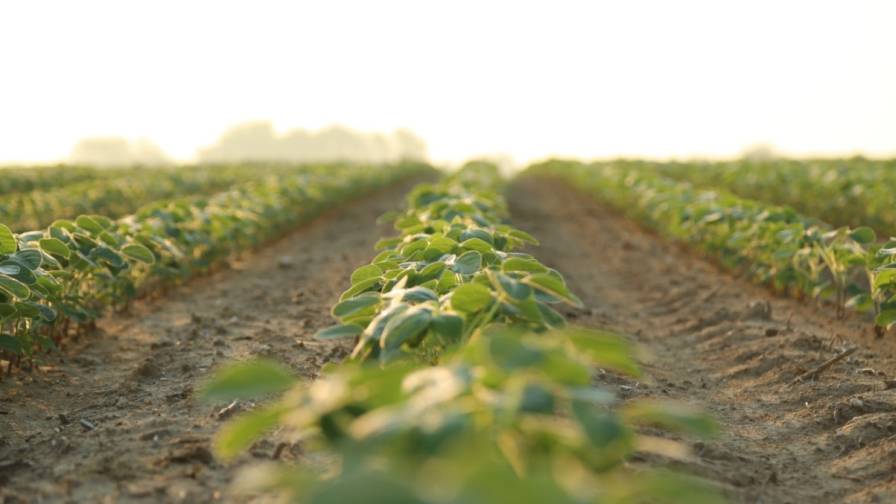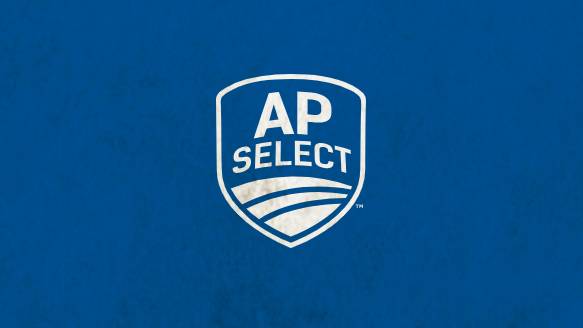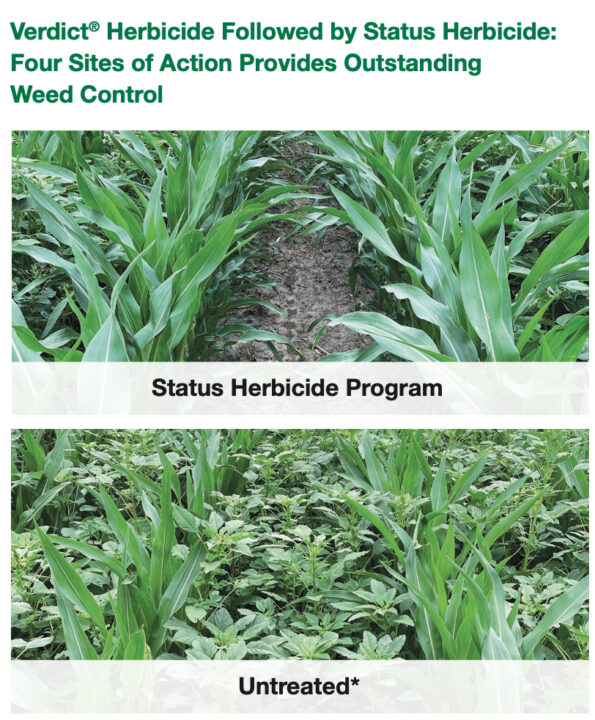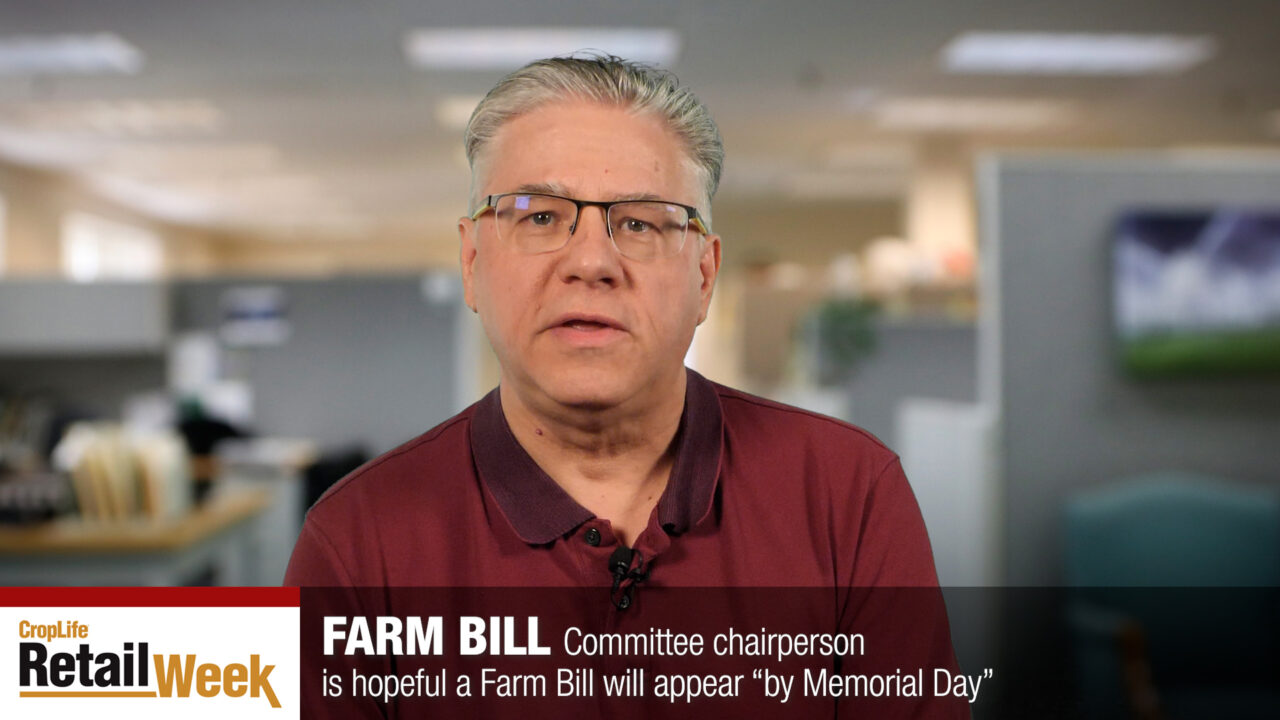Environmental Defense Fund: Appreciating Partners
I WAS deep in the throes of preparation for the Commodity Classic meeting that took place this past February, trying to figure out which of the dozens of interviews and meeting opportunities to lock into before getting on the plane.
I wish I could say it’s because I am special, but I’m not. The price of complementary media admission is a one-way ticket to e-mail and phone invitations to every booth and special event you can imagine, and every editor pretty much gets equal treatment.
Anyway, there was one invitation in particular that I was not expecting — an audience with some folks from the Environmental Defense Fund (EDF).
Your first reaction may have been similar to mine, but I kept reading the e-mail anyway. Cristina Mestre, the communications manager for EDF, offered an interview with Suzy Friedman the director of sustainable agriculture, to share some story ideas. The first was an overview of United Suppliers’ SUSTAIN platform, which is designed to define up to 10 million acres in six states as “sustainable production” areas.
OK, she has my attention. But it really got interesting when Mestre shared some additional potential story concepts hitting some of our own hot buttons: The benefits of optimizing fertilizer across the U.S., and why farmers are already voluntarily adopting nutrient optimization; the use of big data in agriculture; why regulations aren’t the only answer to reducing nutrient losses; and growing demand for nitrogen efficient products.
Shame on me for not recognizing them sooner, but EDF is one of those organizations that is willing to meet the industry half-way when it comes to achieving verifiable continuous improvement. Amid the shrill voices of those who want to drive an agricultural “revolution” at all — and I do mean all — costs, EDF recognizes that the need to maintain a high level of food production to meet current and future nutritional demands is important, and that the desire of modern agriculture to produce it as sustainably as possible is real.
It started for EDF 15 years ago with a partnership with McDonald’s that led to a shift from Styrofoam food containers to paper to reduce waste. Today, the group works with manufacturers and retailers interested in improving their own sustainability, matching them up with organizations on the ground level who can help them achieve their goals.
The SUSTAIN program, which we’ll cover more in-depth in the June issue of CropLife® magazine, is another EDF-facilitated program that will allow United Suppliers to help growers achieve a level of verifiability of sustainable fertility practices that companies like Walmart, a key EDF partner, will recognize as legitimate.
Over my 17 years covering U.S. agriculture, I’ve witnessed for myself the drive for constant improvement in input optimization, efficiency, and sustainability. I’ve seen the hard work of retailers and growers to achieve more. So it’s terrific to see organizations like EDF that are willing to find solutions by collaboration, not litigation. We as an industry appreciate their work and look forward to more advancement in the future.






